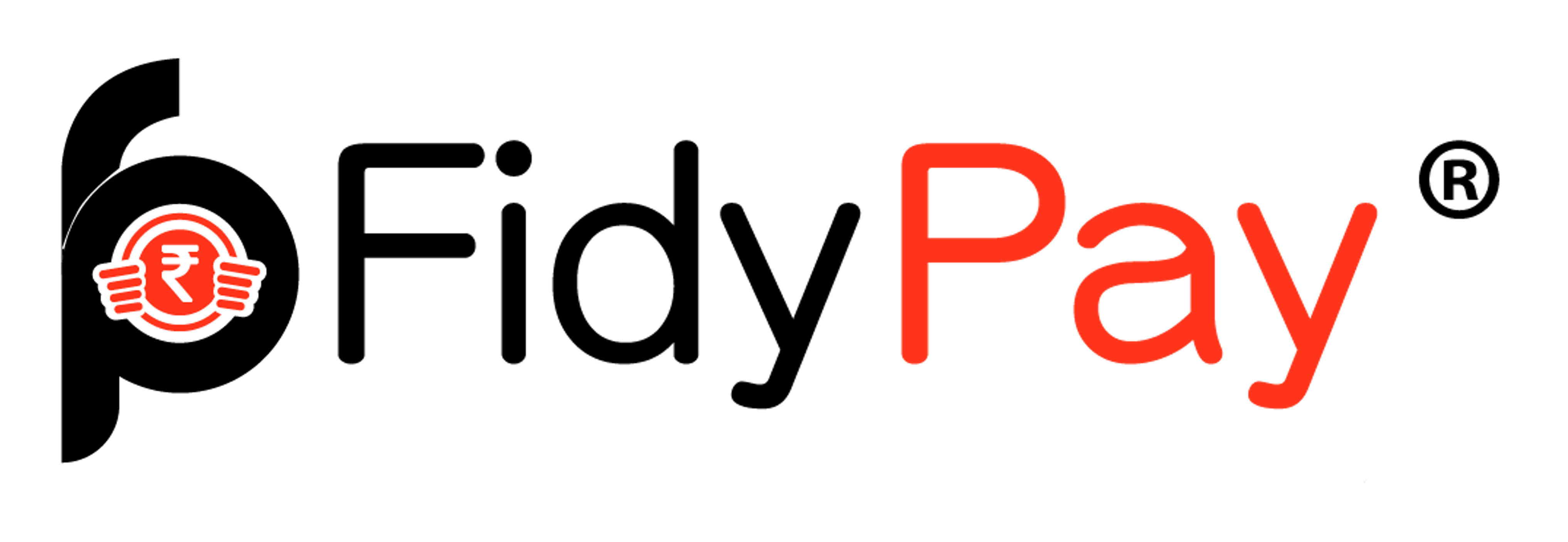Recurring payments have become a part of our daily lives without us even realizing it. From monthly Netflix subscriptions to regular utility bills, they are everywhere. They simplify our financial life by automating regular expenses, but what exactly are they?
Understanding the Meaning of Recurring Payments
The recurring payment meaning is straightforward. It refers to the automatic process where a consumer authorizes a service provider to charge a fixed amount to their credit card or bank account at regular intervals.
The Importance of Recurring Payments in Today’s Economy
In today’s fast-paced digital era, the importance of recurring payments cannot be overstated. They’ve seamlessly woven themselves into the fabric of our global economy, becoming a powerful force in shaping businesses’ financial stability and consumers’ lifestyle. Let’s take a closer look at why recurring payments are so crucial in our economy today.
1. Streamlined Cash Flow
One of the primary advantages of recurring payments is the way they streamline cash flow for businesses. Cash flow is the lifeblood of any organization. Consistent, predictable income allows businesses to plan ahead, manage their financial obligations, invest in growth opportunities, and reduce the risk of cash shortages.
Moreover, for small businesses or start-ups, this regularity can be the difference between survival and closure. When businesses know that they will receive a certain amount of money at regular intervals, they can plan their operational activities more effectively, such as hiring, investing in new projects, or even managing their debt.
On the consumer side, recurring payments make budget management more straightforward. By knowing precisely how much money will be debited and when, consumers can better plan their monthly expenditures, savings, and investments.
2. Predictability
Recurring payments offer a level of predictability that’s beneficial for both businesses and consumers. For businesses, having a clear forecast of revenue is crucial for making informed decisions, managing resources, and strategizing for growth.
For consumers, the predictability of recurring payments helps to eliminate surprises. Knowing when and how much they will be charged each billing cycle allows consumers to manage their financial commitments effectively. This can be particularly useful for those on a tight budget or looking to track their spending habits more closely.
3. Convenience
Finally, let’s talk about convenience, a cornerstone in our digital-centric world. Recurring payments save time and eliminate the need for manual intervention in the payment process, bringing a significant convenience factor into play.
For businesses, this means they no longer need to chase customers for payment or spend valuable time and resources on managing individual transactions. This not only saves administrative time but also reduces the chances of payment delays or defaults.
For consumers, recurring payments mean no more forgetting due dates or incurring late fees. It’s set-and-forget; once the recurring payment is set up, the agreed amount will automatically be deducted from the designated account or card. This convenience is even more pronounced with the increasing number of services and subscriptions consumers use in their daily lives, from utilities and mortgages to streaming services and fitness memberships.
How Recurring Payments Work?
When a customer opts for recurring payments, they authorize the business to withdraw a specific amount from their account at set intervals. This can be for various services like subscriptions, insurance, utilities, and more.
The Role of Recurring Payments in Various Industries
Recurring payments play an integral role in various industries, underpinning the revenue models of diverse businesses. From digital subscriptions to utilities, and from insurance to fitness centres, the significance of recurring payments is widespread and ever-growing.
1. Subscription Services
One of the most visible uses of recurring payments is in the world of subscription services. Think of your monthly Netflix or Spotify subscription. These companies rely heavily on recurring payments to drive their revenue and provide continuous service to their users.
The digital software industry also leverages recurring payments. Companies like Adobe, Microsoft, and Autodesk have transitioned from a one-time purchase model to a subscription model, charging customers on a monthly or annual basis. The software-as-a-service (SaaS) model, empowered by recurring payments, allows these companies to maintain a steady revenue stream and offer regular updates and continuous service to their customers.
2. Utilities and Telecoms
Utilities and telecommunications companies have been leveraging recurring payments for a long time. Electricity, water, gas, internet, cable TV, and mobile services are typically billed on a recurring basis, ensuring smooth service delivery without requiring consumers to manually make payments each month. This not only ensures a steady cash flow for the service providers but also provides convenience for consumers.
3. Gym and Fitness
Recurring payments have revolutionized the gym and fitness industry. Whether it’s a local fitness studio or a global fitness chain, most now operate on a membership model where members pay a recurring fee for access to the fitness facilities and services. This model provides a predictable and stable revenue stream for the gym and fitness centres and allows members to enjoy uninterrupted access to fitness services.
4. E-commerce and Retail
In the e-commerce and retail industry, recurring payments have given rise to subscription boxes and auto-ship services. Companies like Amazon, with their “Subscribe & Save” program, allow consumers to schedule automatic deliveries of products they purchase regularly, like toiletries, pet food, or groceries. Customers appreciate the convenience of not having to remember to place orders, and businesses benefit from the predictable recurring revenue.
Advantages of Recurring Payments
Recurring payments bring a host of benefits that can be leveraged by both businesses and consumers alike. Let’s delve deeper into understanding these benefits.
For Businesses
1. Steady and Predictable Revenue Stream: Recurring payments help businesses maintain a steady and predictable cash flow. This regular income helps in budgeting and forecasting and can also reassure investors or stakeholders about the financial health of the business.
2. Reduced Administrative Workload: The automation of payments significantly reduces administrative work. No need for invoicing and payment collection efforts means more time and resources can be focused on growing the business.
3. Reduced Payment Delays and Defaults: Automatic payments mean there is less chance of late or defaulted payments. This improves revenue consistency and can help maintain healthy business-client relationships.
For Customers
1. Convenience: Recurring payments eliminate the need for customers to remember due dates or go through the hassle of making manual payments. This convenience can enhance their overall experience with the service or product.
2. Budget Management: Since recurring payments are of a fixed amount at regular intervals, customers can manage their budget more effectively. This predictable expenditure aids in better financial planning.
3. No Missed Payments: There’s no risk of accidentally missing a payment and facing penalties or service interruptions. Payments are made automatically, ensuring a smooth, consistent service.
Potential Challenges of Recurring Payments
While recurring payments offer convenience and efficiency, they are not without their challenges. Businesses implementing these models need to be aware of these potential issues and devise strategies to handle them effectively.
1. Managing Failed Payments
Payment failures are perhaps the most common and critical issue related to recurring payments. The reasons can be manifold – expired credit cards, insufficient funds, or bank systems’ glitches. Failed payments disrupt the consistent cash flow that businesses usually enjoy from recurring payments, and they can be a logistical nightmare to handle.
2. Customer Attrition
The second challenge is customer attrition or churn. In a subscription-based model, customers have the freedom to cancel their subscriptions whenever they want. Unanticipated cancellations can disrupt a business’s forecasting and financial planning.
3. Regulatory Compliance
Adhering to regulatory compliance is another challenge. The rules governing recurring payments can differ by country and card network, making it complicated for businesses to ensure they’re always compliant. Non-compliance can lead to penalties and damage a business’s reputation.
Future of Recurring Payments
The future of recurring payments is bright and offers endless opportunities for businesses and customers alike.
1. The Growth of Subscription Economy
The subscription economy is growing exponentially, and recurring payments are at the heart of this growth. Industries across the board, from media and entertainment to health and wellness, are increasingly adopting subscription models. This trend is expected to continue, leading to an increased adoption of recurring payments.
2. Technological Advancements
Technological advancements will drive the future of recurring payments. AI and machine learning technologies will help in predicting and reducing payment failures, leading to a smoother transaction process. Biometric authentication could add another layer of security to the payment process, enhancing customer trust.
3. Rise of Cryptocurrencies
Cryptocurrencies are increasingly gaining acceptance as a mode of payment. As the regulatory environment around cryptocurrencies becomes clearer, we might see them being used for recurring payments. This will open a whole new world of opportunities for international transactions and cross-border subscriptions.
Conclusion
In conclusion, the power of recurring payments cannot be overstated. They offer convenience, predictability, and simplified financial management, benefiting both businesses and consumers. As technology continues to evolve, we can expect even better recurring payment solutions in the future.

